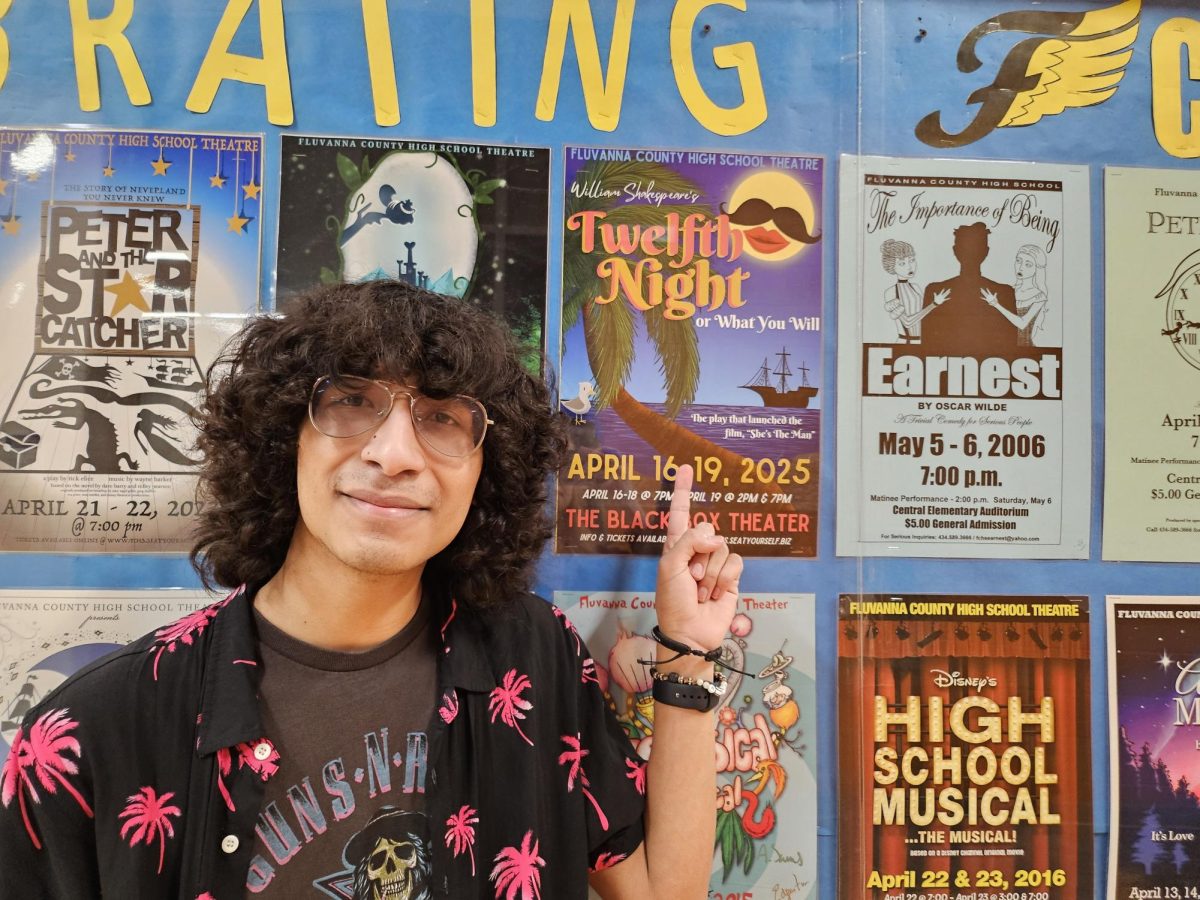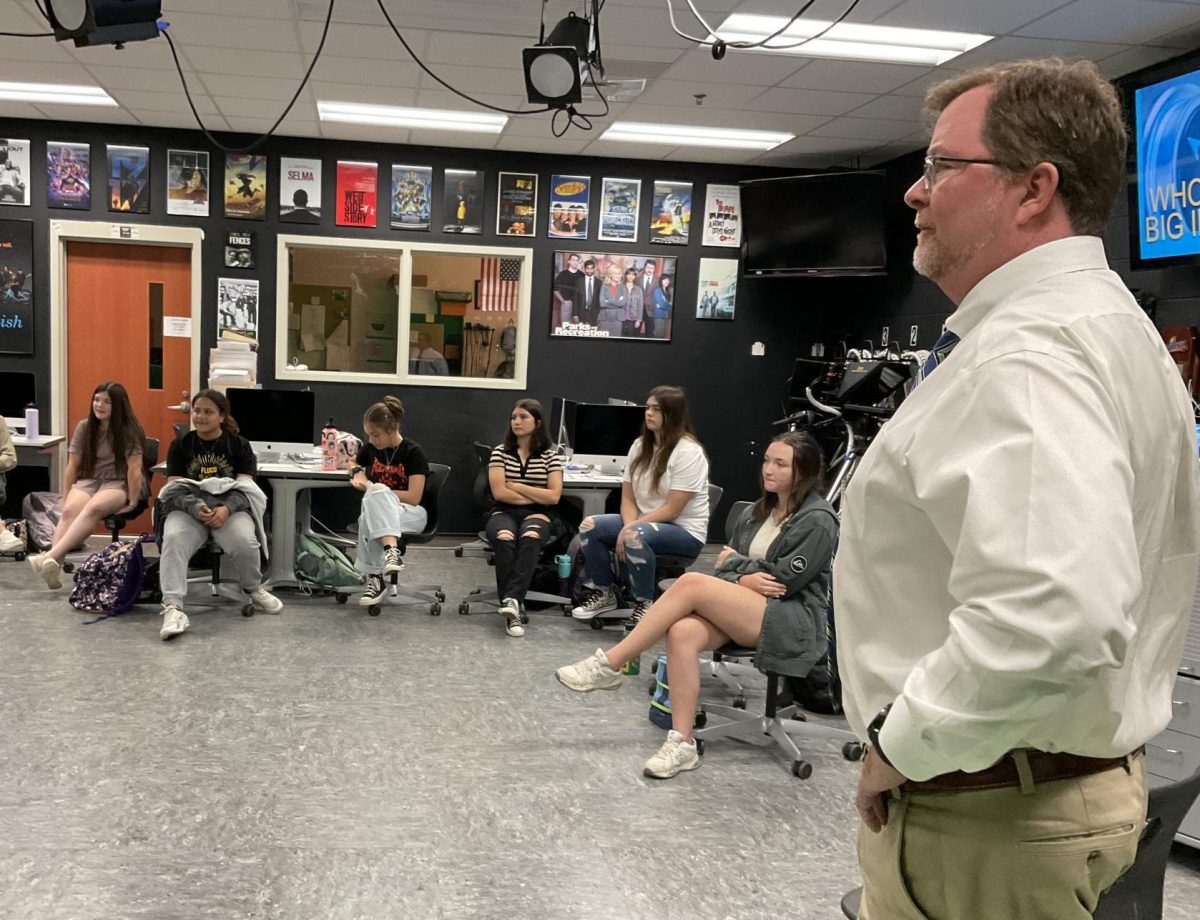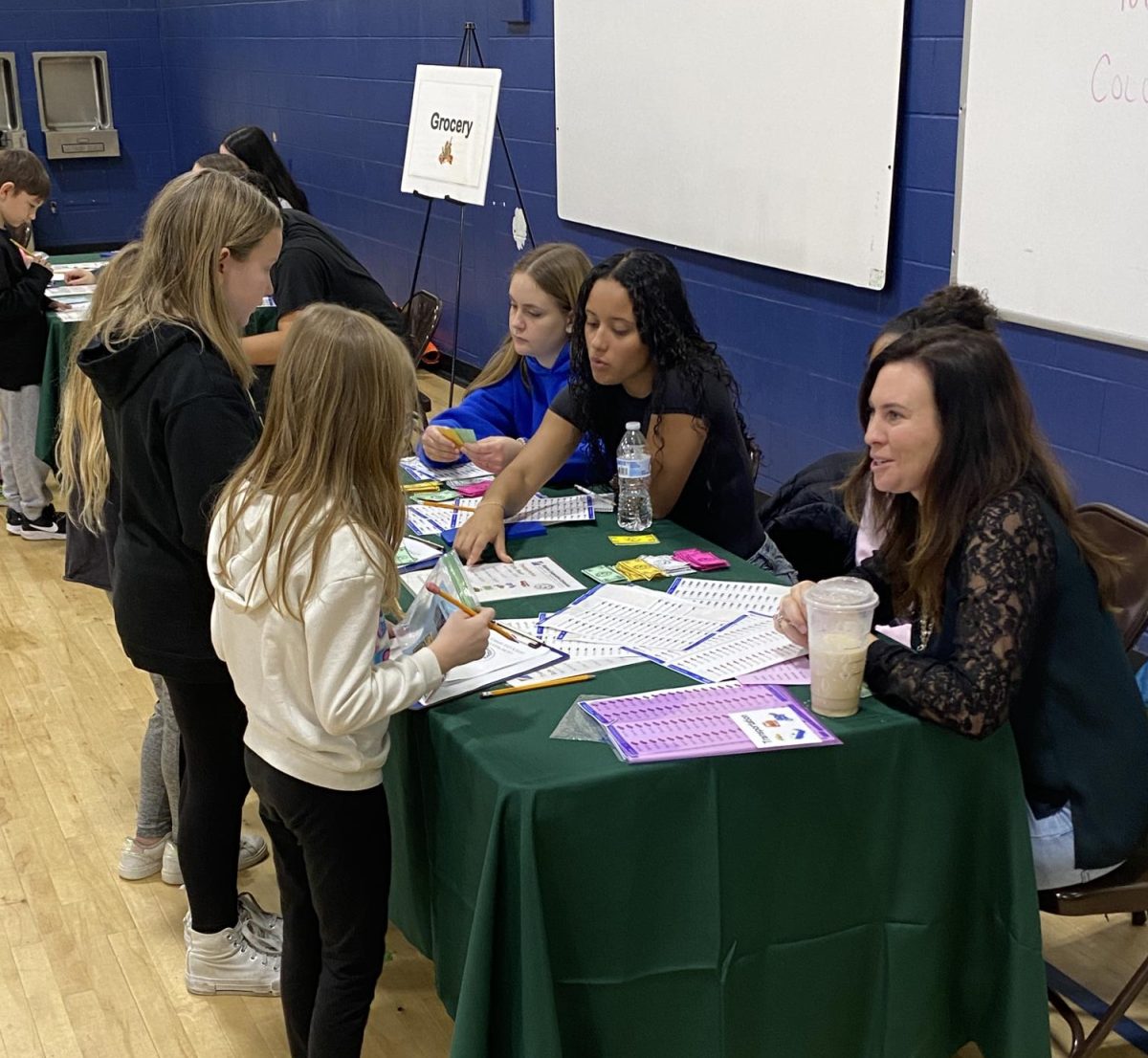Social media was originally created to bring people together, to give them a way to interact and connect with each other from long distances or under the same roof. Today, however, critics claim that it is tearing apart society and has no more beneficial aspects. They are especially concerned when it comes to social media’s effect on children and adolescents. This has recently culminated in a public hearing about the safety of children on popular social media platforms.
On Jan. 31, 2024, the CEOs of TikTok, Meta, Snapchat, X (formerly Twitter), and Discord were called to court to discuss the safety of their social media apps with regards to complaints and concerns from parents about whether these platforms were safe enough for their children. The topic of online safety has been a topic for many years for all people, not just children. These companies are trying to ensure the safety of the people on these platforms.
According to an article on CNN, Minnesota Democrat Sen. Amy Klobuchar appeared upset as she told the stories of parents whose children committed suicide after being antagonized and bullied on social media.
“I’m so tired of this,” Klobuchar said. “It’s been 28 years since the start of the internet. We haven’t passed any of these bills, because everyone’s ‘double talk, double talk.’ It’s time to actually pass them.”
Klobuchar then proceeded to press the CEOs to endorse several proposed bills, including the Cooper Davis Act. The Cooper Davis Act is named after a teenager who bought fentanyl-laced prescription drugs on Snapchat, ingested them without knowing they were laced, and subsequently passed away. This bill will require platforms to report any illicit drug trafficking that occurs on their platforms to the DEA (Drug Enforcement Administration). Snapchat CEO Evan Spiegel agreed to endorse this act, called on lawmakers to pass more stringent legislation persecuting those who sell fentanyl on social media platforms, and apologized to the parents of children who died as a result of drugs sold on Snapchat.
“I’m so sorry that we have not been able to prevent these tragedies,” he said.
After Spiegel agreed to endorse the Cooper Davis Act, he and other CEOs came to the defense of their companies by citing their own children and methods of parenthood. Spiegel said his wife approves of every social media app their child downloads, while Discord CEO Jason Citron said that he wants his platform to be a safe product for his children to use.
“I’m a dad with two kids. I want Discord to be a product that they use and love and I want them to be safe,” said Citron.
Meta CEO and creator Mark Zuckerberg, who is the father of multiple children, did not mention his children or his role as a father. He did, however, agree with the members of the gallery that he and his platforms (Meta’s daughter companies include Instagram, a popular social media site that has come under fire before because of its promotion of personal image comparisons between teenage girls) should face some sort of repercussion for their part in the decline in teenage mental health. This agreement came after GOP Sen. Lindsey Graham told the audience a gruesomely sad story about the child of a South Carolina state representative who committed suicide after being scammed and sexually extorted online. The Republican senator then questioned Zuckerburg, asking if Brandon Guffey, the father of the deceased child, should be allowed to sue Meta.
“I think that [Guffey] can sue us,” responded Zuckerberg.
In the face of potential lawsuits and public opposition, social media CEOs are taking steps to address these concerns. TikTok CEO Shou Chew claims that his company is investing $2 billion in their trust and safety efforts, including content moderation, screen time limits, and parental controls, in 2024. He added that the investment would be focused on the United States market and that his company has more than 40,000 workers around the world in their trust and safety department.
Other CEOs addressed concerns about the potential for messages to be hidden from concerned parents or law enforcement. In response, Discord CEO Jason Citron said his company’s platforms do not ‘scramble’ user messages increasing the ease with which law enforcement can read messages sent through the app. This makes it easier for parents or law enforcement to recover messages used in acts of cyberbullying.
Whether or not these companies say they are ensuring the safety of their consumers, it’s not certain or promised that this will change a thing. What most can do is practice online safety and steer clear of anything suspicious they see online. For tips on how to stay safe online, check out these articles from the Fluco Beat: 7 Tips for Online Safety and 7 Tips for Online Safety, Part 2.







